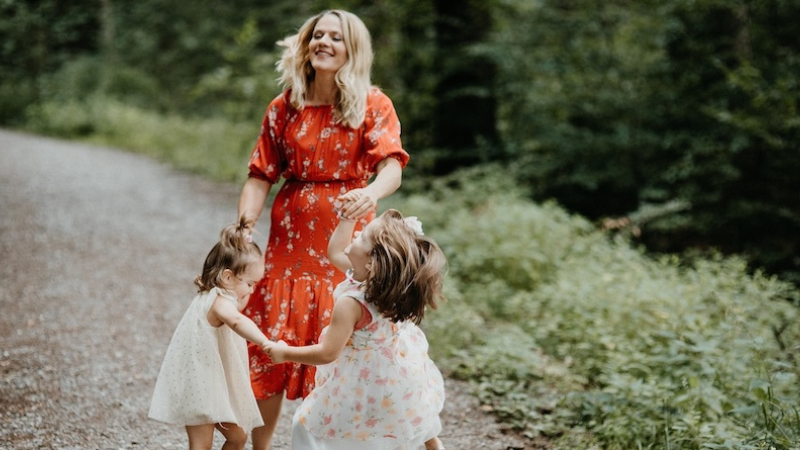Nurturing Calm and Confidence: How Play Supports Children’s Emotional Wellbeing.
There is something deeply grounding about watching a young child absorbed in play. The way their shoulders relax. The quiet focus that settles over them. The tiny decisions they make moment by moment — pouring, stacking, scooping, imagining. Play has a soothing rhythm to it, a natural pause in the rush of early childhood, and according to early years practitioner Katie Hall, who recently shared her insights in a press release on early development , this rhythm is far more important than we often realise.
For many families, the early years can feel full: full of new emotions, new routines, new milestones, and new challenges. Yet within that fullness, simple play can act as an anchor. A chance for children to express themselves without words, explore feelings safely, and find comfort in repetition and discovery.
The Emotional Language of Play
Play is often described as children’s natural way of learning, but it is also their earliest tool for emotional wellbeing. Long before they can articulate what they feel, children use play to release tension, test boundaries, and soothe themselves. A sensory tray can help a child unwind after an overstimulating day. Building blocks can offer a sense of control when emotions feel big. Small-world figures and puppets can help them process worries they’re still learning to name.
Katie Hall explains that sensory and exploratory play are fundamental in forming the neural pathways that support emotional regulation. These early experiences help children understand how to calm themselves, how to navigate frustration, and how to find confidence in their own abilities.
For parents and carers, this is a reminder that the small everyday activities, water play in the garden, sand between little fingers, threading beads at the kitchen table, aren’t simply keeping children busy. They’re gently supporting their emotional world.
When Play Creates Space for Calm
It’s easy to forget how overwhelming the world can feel to a young child. Sounds, voices, transitions, expectations — everything arrives at once. When life feels busy or unsettled, play becomes a quiet refuge. A way for children to step out of the noise and reconnect with themselves.
The source material highlights that when children don’t have enough access to varied play, their stress levels can rise, and so can feelings of anxiety or frustration. This isn’t about academic readiness; it’s about emotional health. Children need opportunities to relax into activities that don’t demand performance or perfection, where exploration is the reward in itself.
Whether a child is kneading dough, swirling colours through water, or simply watching sand fall between their fingers, these rhythms allow their nervous system to settle. Consistent opportunities for this kind of play help build resilience, not through pressure, but through calm repetition and gentle discovery.
Creating Nourishing Play Spaces at Home or in Early Years Settings
Supporting children’s wellbeing doesn’t require elaborate equipment or complex plans. What matters is offering materials that invite curiosity while keeping the atmosphere soothing and unhurried.
The press release highlights that many early years practitioners rely on simple, sensory-rich resources such as textured blocks, puppets, river stones, and tuff trays. These familiar items encourage exploration while helping children develop emotional awareness through movement and touch. For settings and families looking to incorporate these calming experiences into everyday life, companies such as Springboard Supplies provide practical, long-lasting resources that gently support sensory and emotional development.
Small additions, like a tray filled with natural objects, a collection of fabrics, or some open-ended materials for storytelling, can transform a corner of a room into a comforting, imaginative space where children can play at their own pace.
Why Play Is Essential for Emotional Wellbeing
Amid new frameworks, busy routines, and shifting expectations, Katie Hall’s words carry a reassuring message: play is not a luxury; it’s an essential part of childhood wellbeing. It helps children express emotions they can’t yet verbalise, builds confidence quietly over time, and gives them a sense of safety and connection in a world that can feel big and unpredictable.
For parents, carers, and early years professionals, making space for play — unhurried, open-ended, deeply absorbing play — is one of the simplest and most meaningful ways to support a child’s emotional wellbeing. It reminds them that they are safe, capable, and free to explore life at their own pace.
And perhaps most importantly, it reminds us that the gentlest parts of childhood are often the ones that shape us the most.
Poppy Watt


